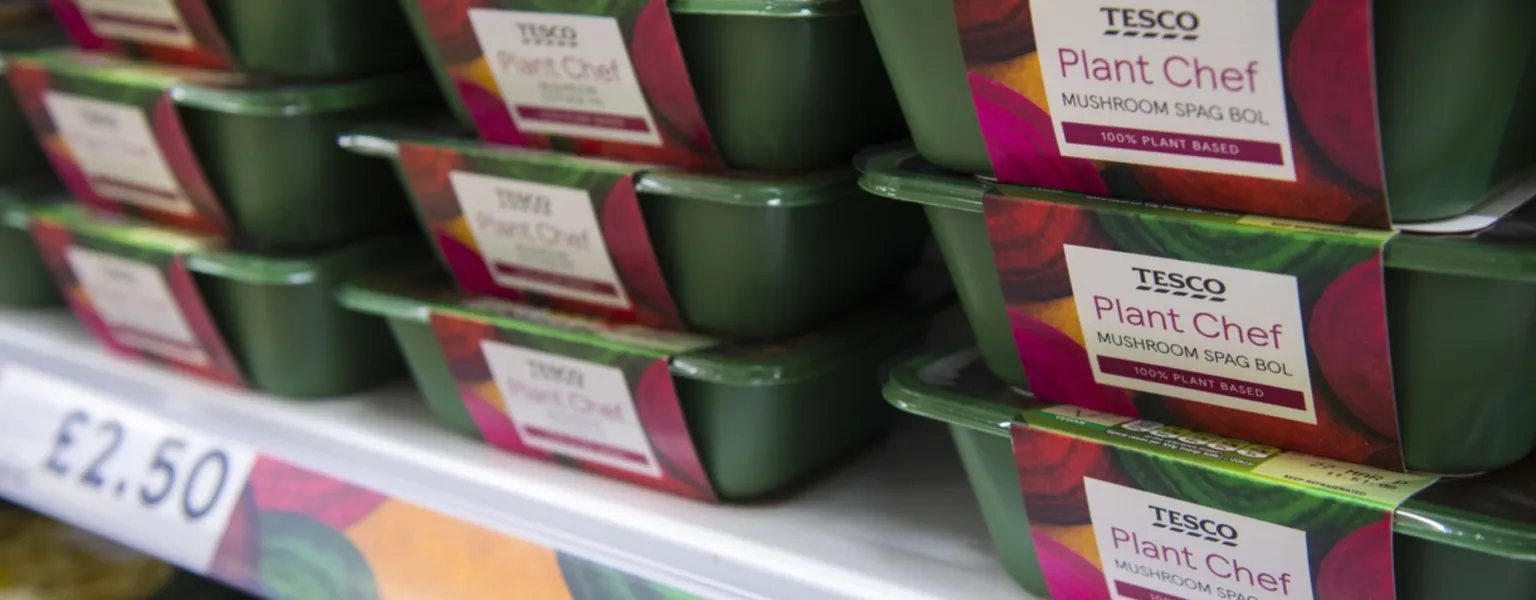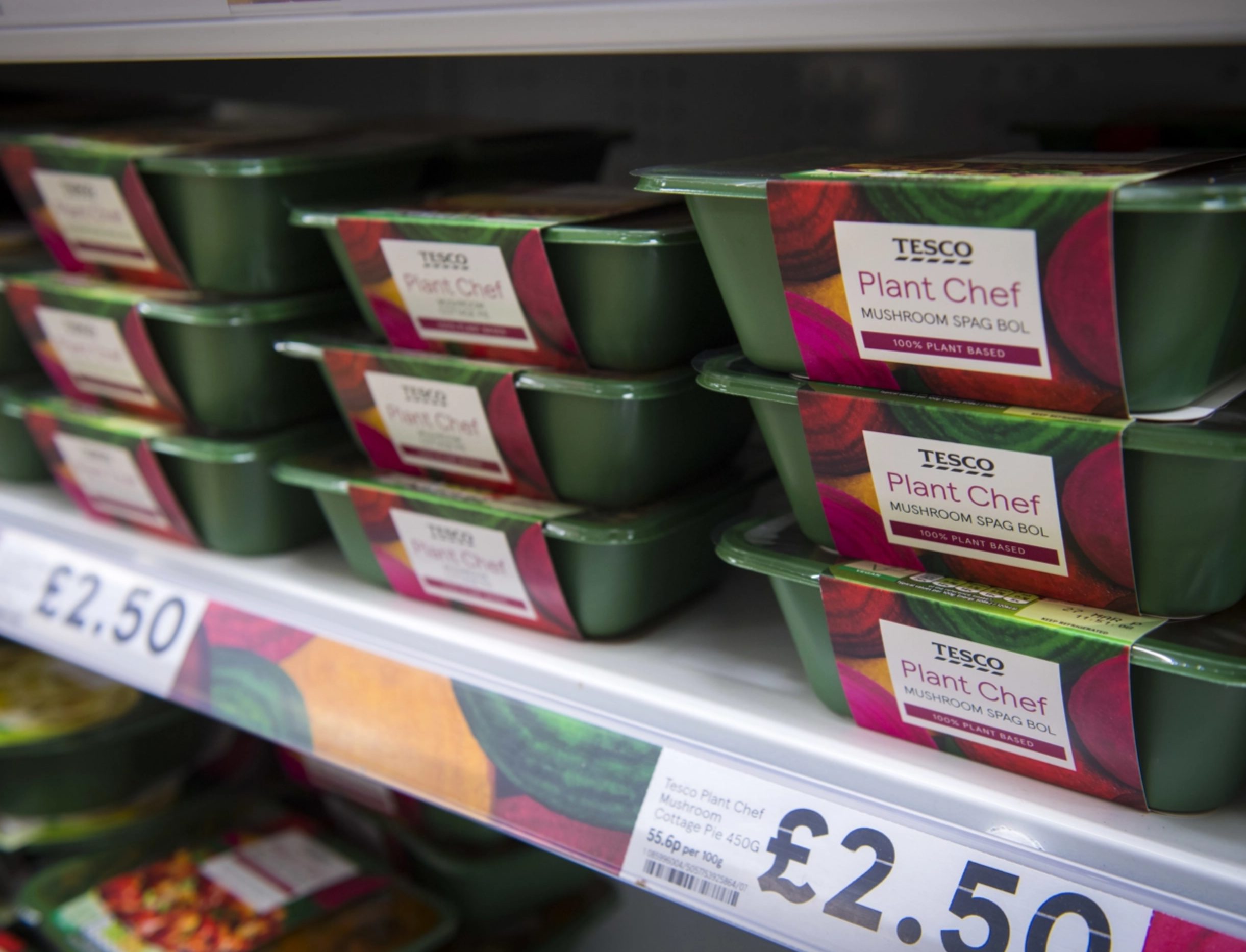FSA enhances allergen labelling guidelines for food businesses

Business
The Food Standards Agency (FSA) has updated its best practice technical guidance on allergen labelling to ensure the safety of consumers while supporting food businesses.
This guidance aligns with the newly published FDF Change Management of Allergen Information guidance.
Key recommendations from the FSA's updated guidance include:
- Limited Precautionary Allergen Labels (PALs): Food businesses should only use a PAL when there's an unavoidable risk of allergen cross-contamination that can't be sufficiently controlled by segregation and cleaning.
- Specify Allergen Type: When using PALs, businesses should specify which of the 14 major allergens is involved. For instance, they should use "may contain peanuts" instead of a generic "may contain nuts" statement.
- Combine PALs with 'Vegan' Labels: In cases where there's a risk of allergen cross-contamination, businesses should use PAL statements alongside a 'vegan' label. It's important to note that a 'vegan' label conveys different information than a 'free-from' claim, which targets different consumer groups.
The guidance also advises against using a PAL statement alongside a "free from" claim and provides updated best practices for No Gluten Containing Ingredient (NGCI) statements for non-prepacked food businesses.

The FSA remains committed to addressing food hypersensitivity as a top priority. Future initiatives include collaborating with international food standards organisations to establish allergen threshold standards and exploring ways to enhance allergen information provision, including potential standardization efforts in this field.
Related News
-
Sustainability
Lidl GB unveils fully compostable own-label tea bags
-
Events
Labelexpo Europe 2023 returns to Brussels Expo
-
Sustainability
Introducing Rêverie 3: Sustainable label materials for wine, spirits, and beverages
-
Sustainability
UK government raises concerns over 'flushable' wet wipes labelling
-
Sustainability
Canadians weigh in on plastic packaging labelling and tracking




